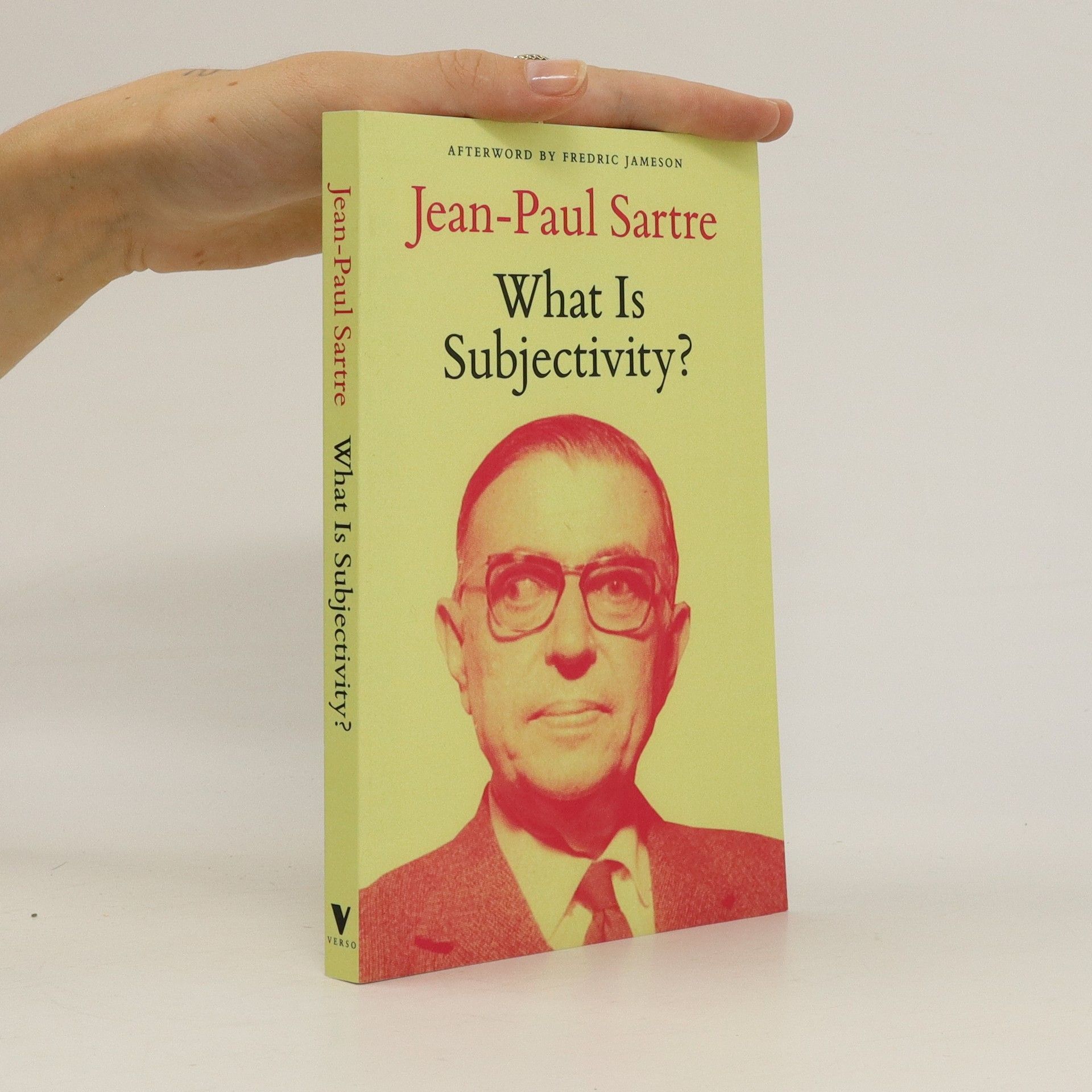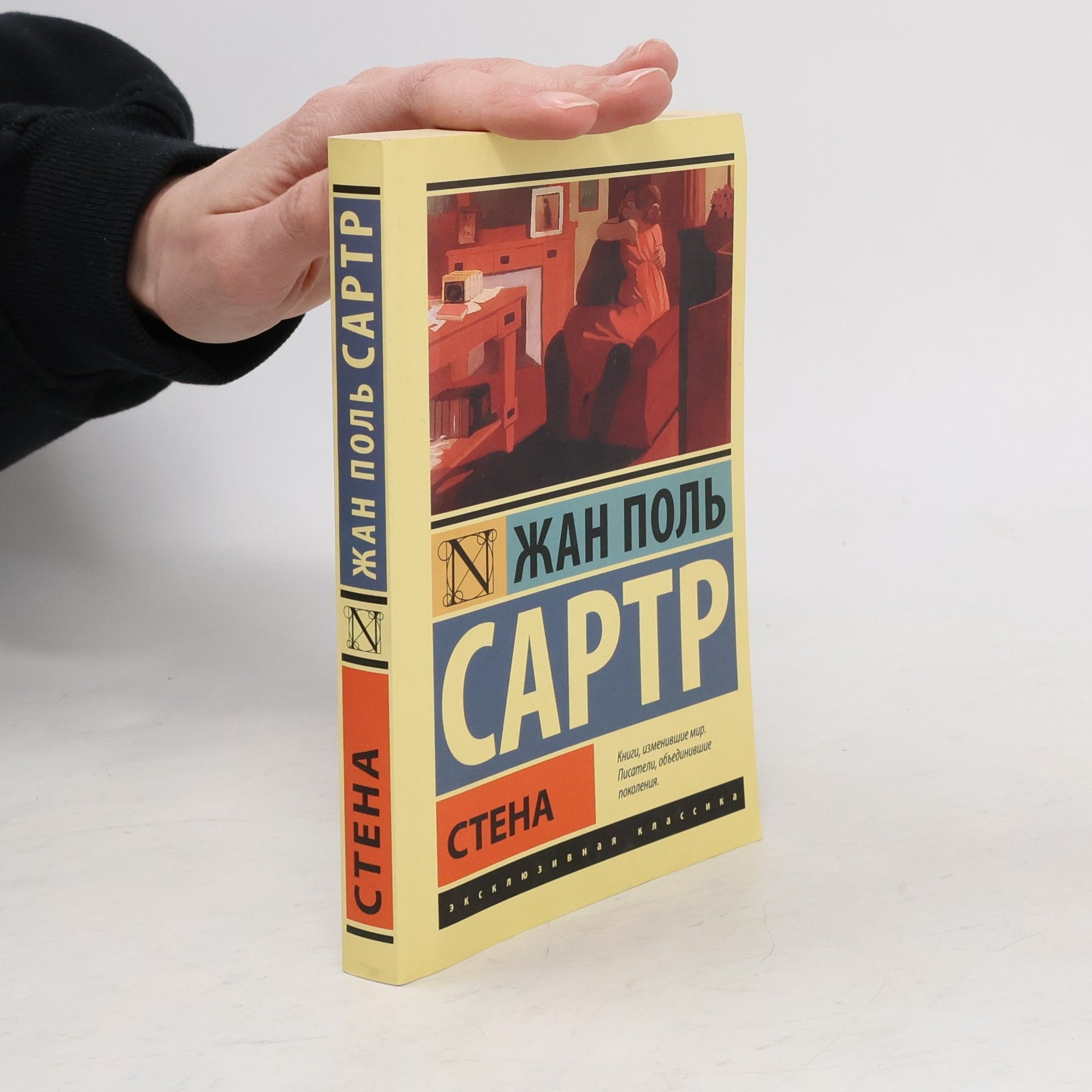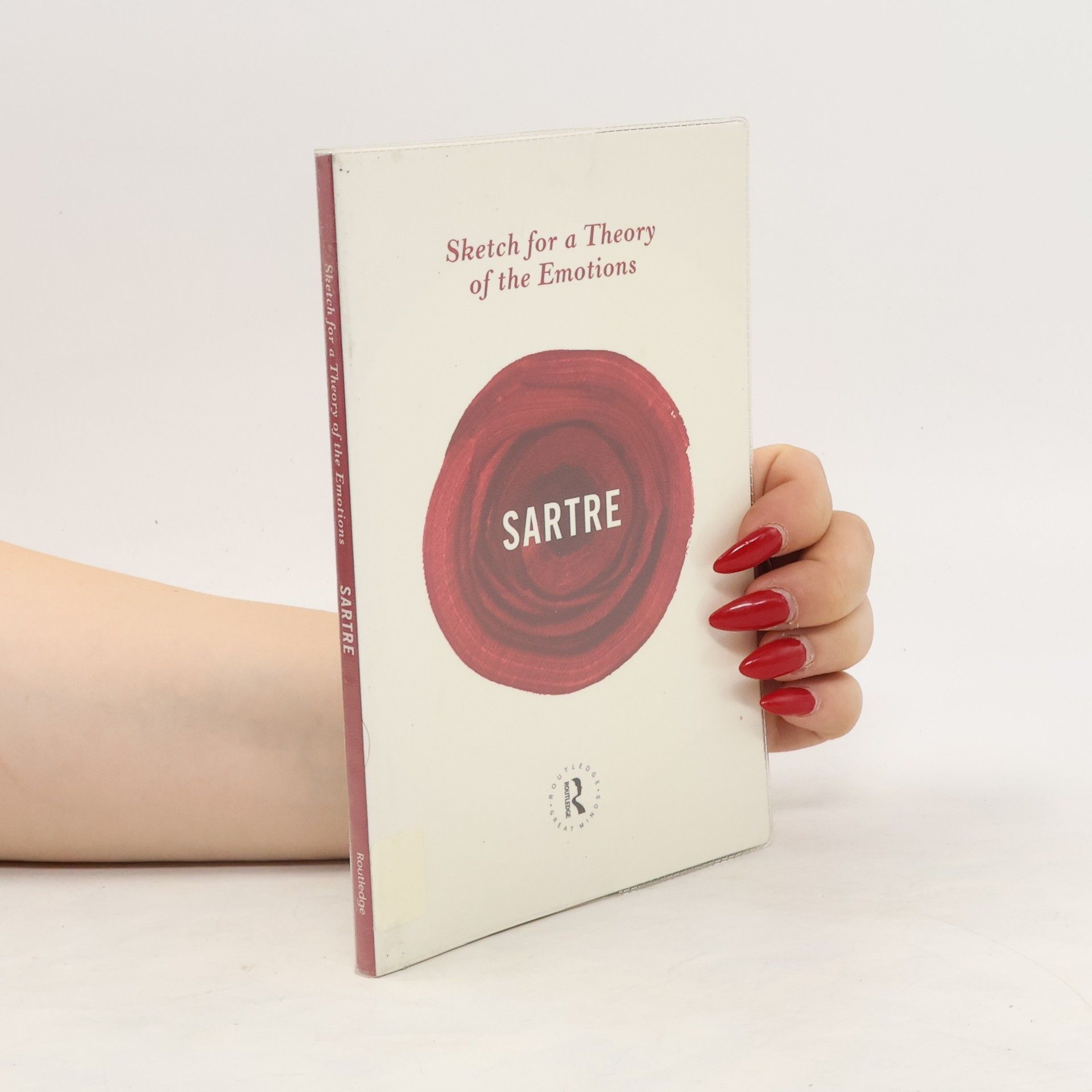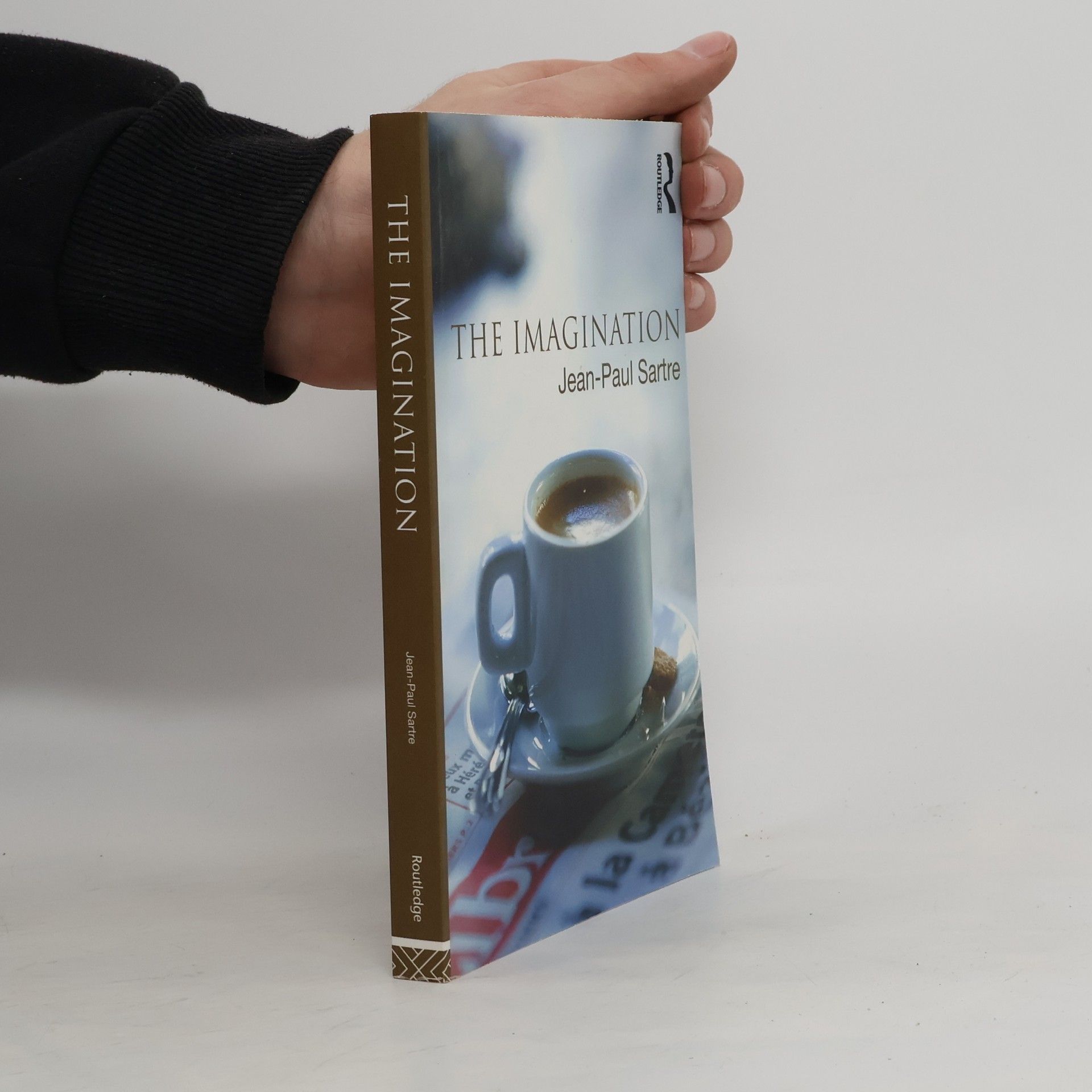Die Anmerkung beleuchtet, dass der relative Wohlstand der arbeitenden Bevölkerung in den westlichen Industrienationen das Ergebnis von Klassenkämpfen ist. Nach Marx führt die innere Notwendigkeit, die aus den Widersprüchen des Kapitalismus entsteht, zur Revolution. Diese „Krankheit“ wird als Antrieb für die revolutionäre Klasse betrachtet.
Jean-Paul Sartre Book order (chronological)
Jean-Paul Sartre was a French existentialist philosopher and writer, a leading figure in 20th-century thought. His work explores themes of freedom, responsibility, and the search for truth, making him an influential voice. Though he famously declined the Nobel Prize in Literature, his writings profoundly shaped the intellectual landscape of his era. Sartre delved into the human condition and its implications through philosophical essays, dramas, and novels, leaving a significant mark on literature and philosophy.

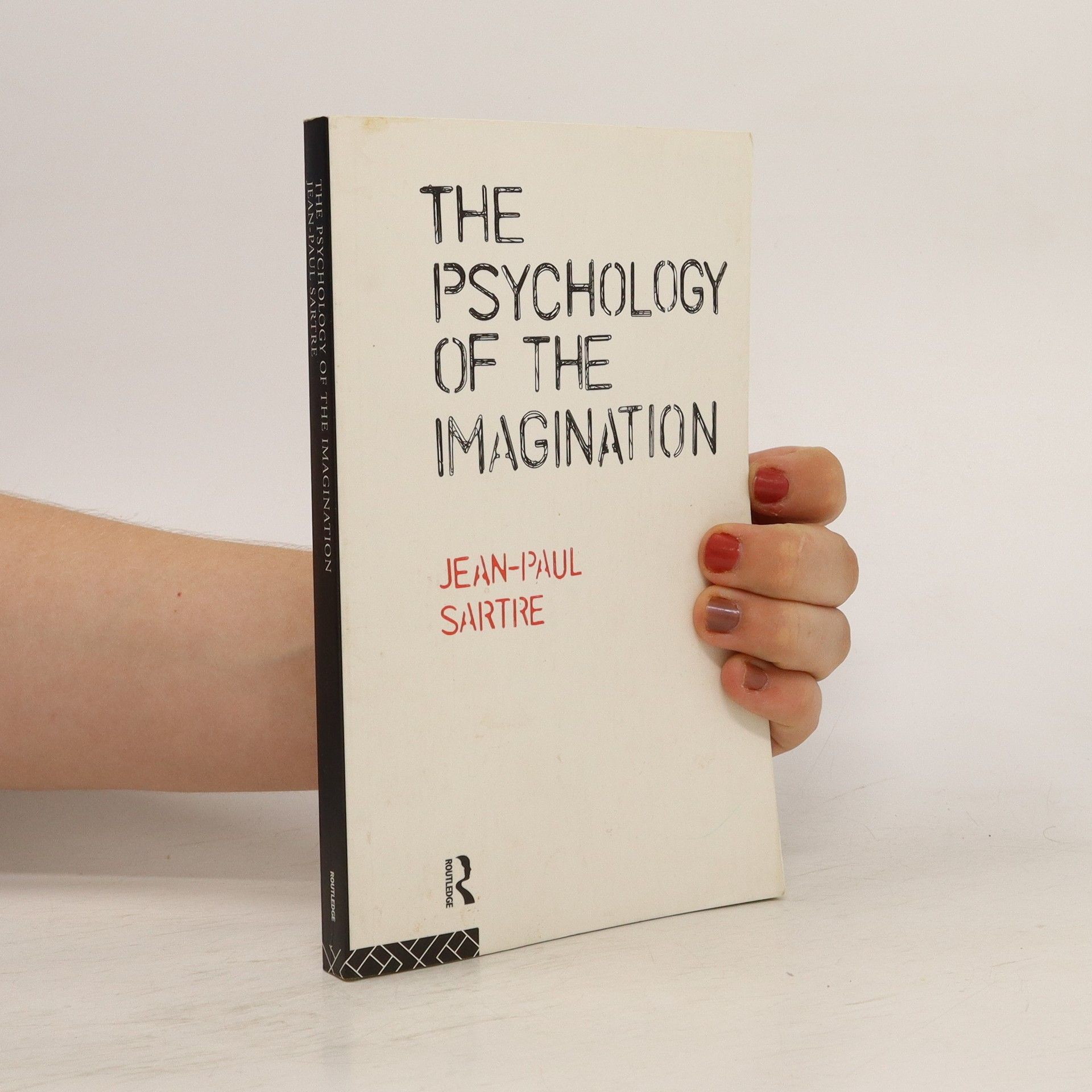



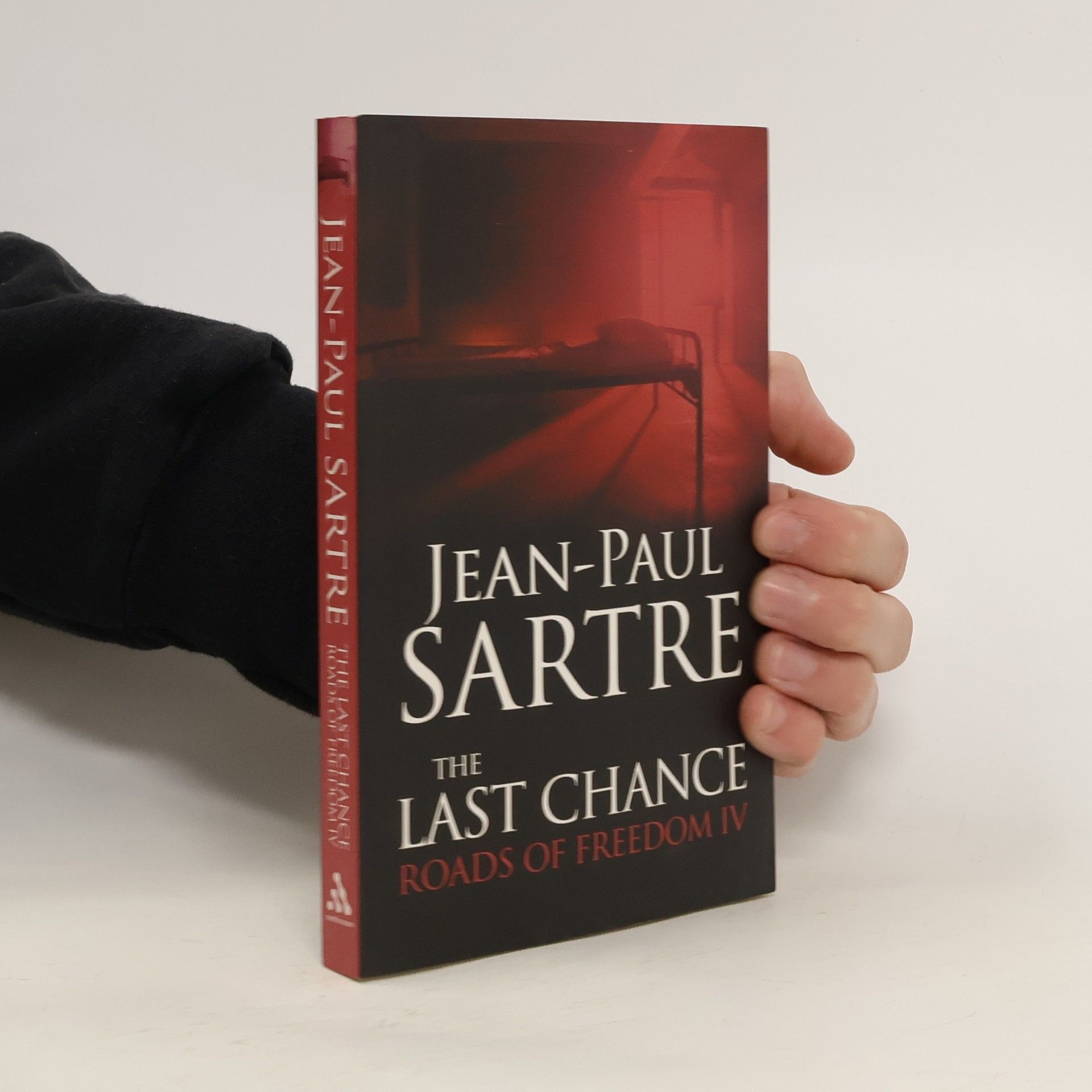

Through an in-depth analysis of Gustave Flaubert's life and work, particularly his creation of Madame Bovary, this classic study explores the formation of the modern self. Jean-Paul Sartre dedicated a decade to this comprehensive examination, which reflects his philosophical insights. Now available in an abridged edition, this work, compiled by Joseph S. Catalano, maintains the essence of Sartre's original volumes while revealing the enduring impact of nihilism in contemporary thought.
SPK - Turn Illness into a Weapon
For agitation by the Socialist Patients' Collective at the University of Heidelberg
- 266 pages
- 10 hours of reading
Critical Essays
- 532 pages
- 19 hours of reading
Critical Essays (Situations I) contains essays on literature and philosophy from a highly formative period of French philosopher and leading existentialist Jean-Paul Sartre’s life, the years between 1938 and 1946. This period is particularly interesting because it is before Sartre published the magnum opus that would solidify his name as a philosopher, Being and Nothingness. Instead, during this time Sartre was emerging as one of France’s most promising young novelists and playwrights - he had already published Nausea, The Age of Reason, The Flies, and No Exit. Not content, however, he was meanwhile consciously attempting to revive the form of the essay via detailed examinations of writers who were to become central to European cultural life in the immediate aftermath of World War II. -- Provided by publisher
What Is Subjectivity?
- 160 pages
- 6 hours of reading
Jean-Paul Sartre, at the height of his powers, debates with Italy’s leading intellectuals In 1961, the prolific French intellectual Jean-Paul Sartre was invited to give a talk at the Gramsci Institute in Rome. In attendance were some of Italy’s leading Marxist thinkers, such as Enzo Paci, Cesare Luporini, and Galvano Della Volpe, whose contributions to the long and remarkable discussion that followed are collected in this volume, along with the lecture itself. Sartre posed the question “What is subjectivity?”—a question of renewed importance today to contemporary debates concerning “the subject” in critical theory. This work includes a preface by Michel Kail and Raoul Kirchmayr and an afterword by Fredric Jameson, who makes a rousing case for the continued importance of Sartre’s philosophy.
Этот единственный сборник малой прозы Сартра объединяет общая тема — тема свободы. Свободы, которую одни мечтают обрести, а другие — ограничить. «Стена» — спрессованная в одну-единственную ночь история человека, жить которому до рассвета... «Комната» — трагедия двоих, вынужденных быть рядом, но не вместе, мечтающих обрести друг друга, но не умеющих друг друга услышать и понять. «Герострат» — абсолютно неожиданный взгляд на… убийство. Что лежит в его основе? Ненависть к людям или самому себе? Желание прославиться или стать свободным? «Интим» — поединок между мужчиной и женщиной, любовью и ненавистью, чувствами и долгом.
Christ Stopped at Eboli
- 288 pages
- 11 hours of reading
Part autobiography, part sociological study, part travel memoir - a reissue of Carlo Levi's classic book on life in a small, desolate Italian town during the 1930s.
The Freud Scenario
- 576 pages
- 21 hours of reading
The book presents a previously lost script by Sartre, centered on the life and theories of Freud. This unrealised classic sheds light on Sartre's unique perspective on Freud's work, revealing insights into psychological and philosophical themes. Discovered posthumously, it offers readers a rare glimpse into Sartre's creative process and his engagement with one of the 20th century's most influential thinkers.
Sketch for a Theory of the Emotions
- 96 pages
- 4 hours of reading
This translation originally published: London: Methuen, 1962.
Translated by Kenneth Williford and David Rudrauf.
